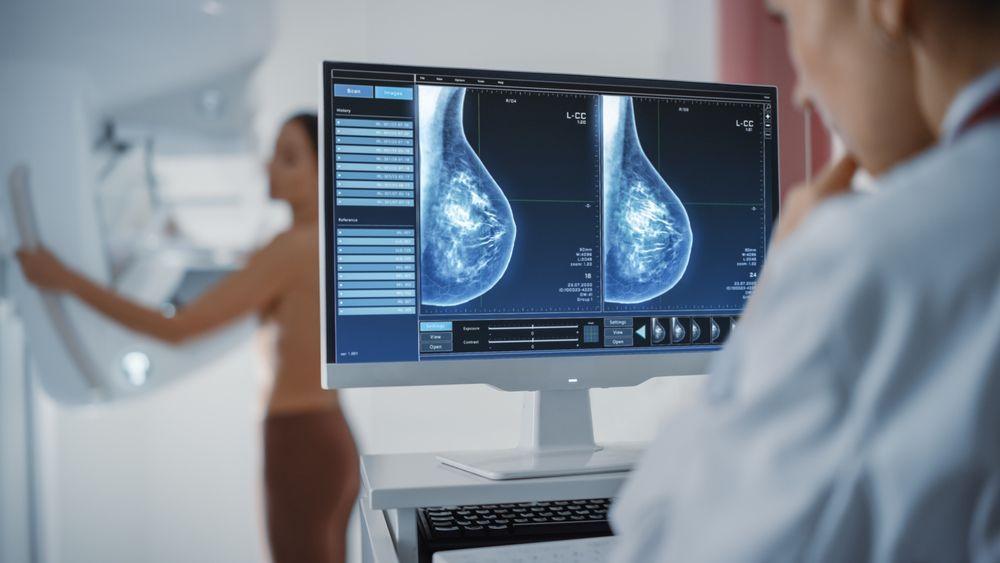Radiology Career Pathways: From Residency to Consultant Roles
Radiology is a dynamic and evolving specialty which plays a crucial role in modern medicine. It encompasses diagnostic imaging, interventional procedures, and cutting-edge technological advancements which augment patient care. The career pathway in radiology is structured, progressing from medical school to residency training, followed by opportunities for subspecialisation and consultant roles. This article provides an overview of the radiology career trajectory, highlighting key subspecialist fields and career opportunities available to doctors pursuing this rewarding discipline.
Radiology Training Pathway
1. Medical School and Internship or Foundation / Pre-Vocational Training
The journey to becoming a radiologist begins with a medical degree (MBBS or equivalent). Following medical school, doctors must complete a period of pre-vocational training in various medical specialities. The duration of this varies by jurisdiction. In the USA, Canada and Ireland, a one year internship is sufficient whereas in the UK, Australia and New Zealand, a two year foundation or pre-vocational is required prior to commencing specialist training.
2. Core Radiology Training (Residency)
After foundation training or internship, aspiring radiologists apply for a radiology specialty training program, typically a five-year programme (ST1–ST5) under the Royal College of Radiologists (RCR) in the UK, the Royal Australian and New Zealand College of Radiologists in Australia and New Zealand, the Royal College of Physicians and Surgeons of Canada in Canada or the American Board of Radiology in the USA. This period involves intensive training in general radiology, covering various imaging modalities including:
- X-ray
- Computed Tomography (CT)
- Magnetic Resonance Imaging (MRI)
- Ultrasound
- Fluoroscopy
- Nuclear Medicine
During residency, radiology trainees complete the Fellowship of the Royal College of Radiologists (FRCR) or equivalent exams, a critical step towards certification and independent practice. Training includes basic and advanced components and is rewarded with specialist accreditation at its successful conclusion.
3. Subspecialisation in Radiology
Upon completion of specialist radiology training, radiologists may choose to pursue subspecialist training (fellowships) in a specific area of radiology. Whilst interventional radiology is the only official subspeciality recognised by the Royal College of Radiologists of the UK, there are many other fields for specialist study, each one opening interesting career opportunities for specialised practice in a single field or in combination with general radiology practice. Our article about subspecialist fields in radiology details these options.
Radiology Subspecialties and Career Opportunities
1. Interventional Radiology (IR)
- Scope: Interventional radiologists use image-guided techniques to perform minimally invasive procedures including angioplasty, embolisation, biopsies, and tumour ablation.
- Career Opportunities: Roles in tertiary hospitals, vascular centres, oncology units, and private practice. IR specialists often work closely with surgical and oncology teams.
2. Neuroradiology
- Scope: Focuses on imaging of the brain, spine, head, and neck, aiding in the diagnosis and management of neurological disorders, strokes, and brain tumours.
- Career Opportunities: Consultant roles in neurology and neurosurgery centres, academic research, and teaching institutions in tertiary level hospitals.
3. Musculoskeletal (MSK) Radiology
- Scope: Specialises in imaging of bones, joints, soft tissues, and sports injuries. MSK radiologists are essential for orthopaedic, sports medicine, and rheumatology practice.
- Career Opportunities: Consultant positions in hospitals, professional sports medicine teams, and private imaging centres.
4. Breast Radiology
- Scope: Involves mammography, ultrasound, and MRI for breast cancer screening, diagnosis, and biopsy procedures.
- Career Opportunities: Breast radiologists play key roles in cancer screening programmes and multidisciplinary breast care teams.
5. Cardiothoracic Radiology
- Scope: Imaging of the heart and lungs, including coronary CT angiography and lung disease assessment.
- Career Opportunities: Opportunities in cardiology centres, lung cancer units, and pulmonary medicine collaborations.
6. Paediatric Radiology
- Scope: Specialises in imaging of infants and children, requiring expertise in congenital anomalies, paediatric trauma, and neonatal imaging.
- Career Opportunities: Roles in children’s hospitals, tertiary paediatric centres, and academic research.
7. Nuclear Medicine and Molecular Imaging
- Scope: Involves PET/CT, SPECT, and radionuclide therapies for oncology, neurology, and metabolic disorders.
- Career Opportunities: Nuclear medicine specialists work in cancer centres, research institutions, and theragnostics clinics.
8. Abdominal and Gastrointestinal (GI) Radiology
- Scope: Focuses on imaging of the gastrointestinal tract, liver, pancreas, and genitourinary system.
- Career Opportunities: Consultant roles in hepatobiliary and gastrointestinal units in collaboration with gastroenterologists and oncologists.
9. Emergency and Trauma Radiology
- Scope: Rapid imaging assessment in emergency settings, including polytrauma, stroke, and acute chest pain.
- Career Opportunities: Consultant positions in major trauma centres and accident & emergency (A&E) departments.
Consultant Radiology Roles and Career Progression
After completing radiology training and any chosen fellowship, radiologists may apply for consultant or specialist positions within the public hospital systems, private healthcare organisations, or academic institutions. Career opportunities include:
- Clinical Consultant Radiologist: Senior roles in hospitals and imaging centres.
- Academic and Research Radiologist: Involvement in teaching and research in university-affiliated institutions.
- Radiology Leadership and Management: Departmental leadership, radiology service development and healthcare policy formulation.
- Private Practice and Teleradiology: Many radiologists explore independent practice, offering remote diagnostic services via teleradiology platforms.
Conclusion
Radiology offers a diverse and fulfilling career path in clinical patient care, critical for refining diagnostic accuracy and vital for reducing treatment risks with an increasing range of capabilities for minimally invasive procedures. At the forefront of technical innovation and with numerous opportunities for subspecialisation, the demand for radiologists continues to rise, making it an attractive specialty for doctors seeking a dynamic and intellectually stimulating career.
If you are considering a career in radiology, or are a qualified radiologist seeking a new challenge, take action now:
Register your CV: upload your CV and create some job alerts for your preferred jobs and locations.
Browse Jobs: view advertised jobs and apply
Contact us: contact our recruiters for advice
Share this post on Social Media
Leave a Comment
SEARCH JOBS
Ready for a change? Whether you’re looking for higher compensation, greater autonomy, a better work-life balance, or just a change in scenery, we have job opportunities in wonderful locations across the world. Start your medical or dental job search today and embark on your next career move.
SIGN UP FOR JOB ALERTS
We believe everyone deserves to find their dream job. Be the first to hear about new practice opportunities in exciting locations across the world Simply sign up for job alerts in your chosen field, and we will email you when a new job in your specialty becomes available.
More Insights












